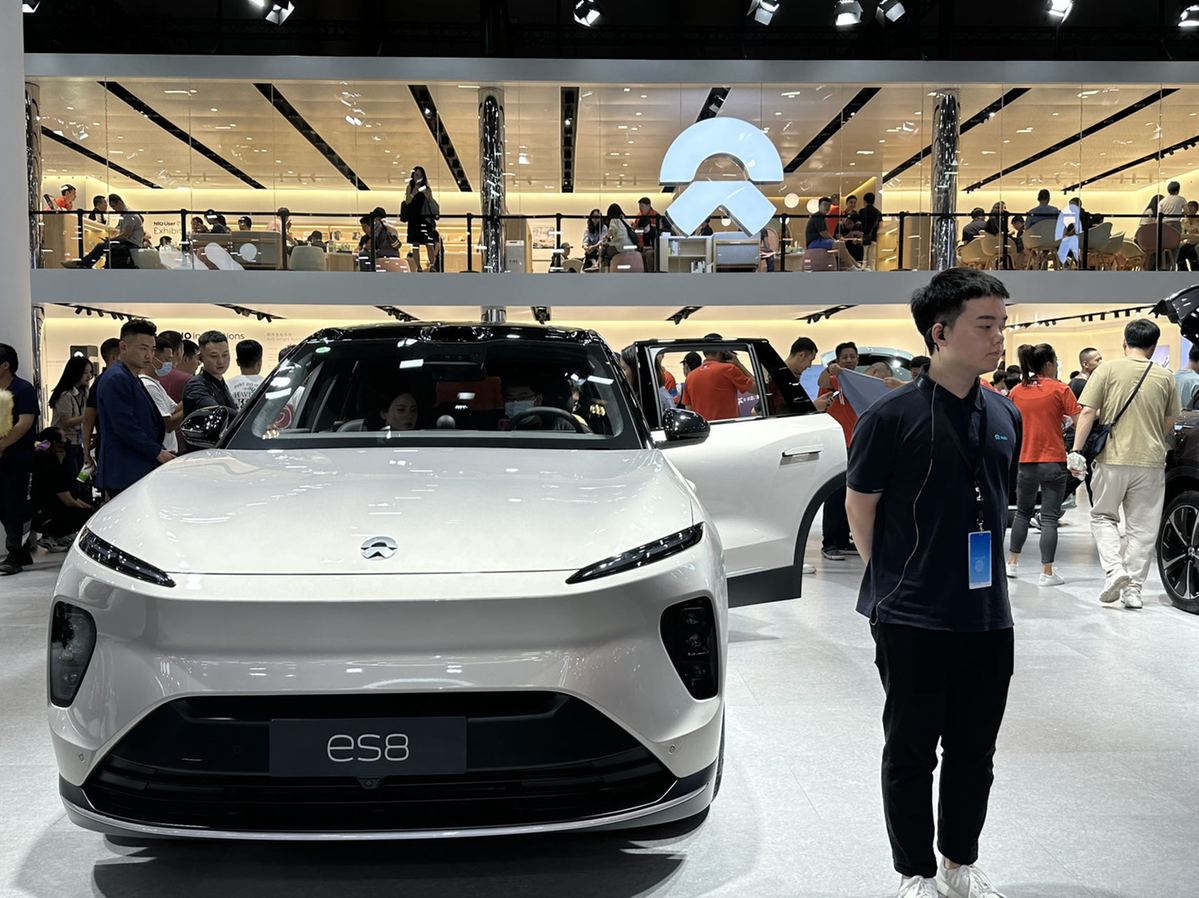NEV buyers most satisfied with Chinese startups

Chinese startups, notably Nio, have gained the upper hand in their battle with local and global established carmakers to attract NEV buyers, according to a J.D. Power study released on Thursday.
In this year's China New Energy Vehicle Customer Experience Value Index, Chinese startups won an average score of 783 on a 1,000-point scale, according to the study. Of the startups, Nio ranked first, scoring 798, followed by Li Auto and Xpeng.
In comparison, traditional Chinese brands had an average score of 767 and while international brands stood at 776, of which Mercedes-Benz topped the list with a score of 789.
The annual study, now in its third year, was based on responses from 8,733 new energy vehicle owners who purchased their vehicle in 81 major cities across China between April 2023 and April 2024.
It evaluates the experience of NEV owners between two and 12 months of ownership. Index scores are based on evaluations of different customer groups for a variety of measures in three stages of purchase, usage and after-sales service, said J.D. Power.
The 2024 study revealed that satisfaction scores for the purchase experience and service experience each increased compared with the previous year. However, the score for experience involving vehicle usage declined, mainly due to inquiries about vehicle functions and charging.
Satisfaction was lowest for brand-specific slow charging and public charging, with notable issues including insufficient charging stations, poor facilities and discrepancies between actual conditions and online information.
"New energy vehicle services differ significantly from those for internal combustion engine vehicles," said Ann Xie, general manager of the digital retail consulting practice at J.D. Power China.
"Automakers need to focus on more service details, particularly in providing personalized service. At the same time, they should prioritize service efficiency and minimize unnecessary service efforts," she said.

